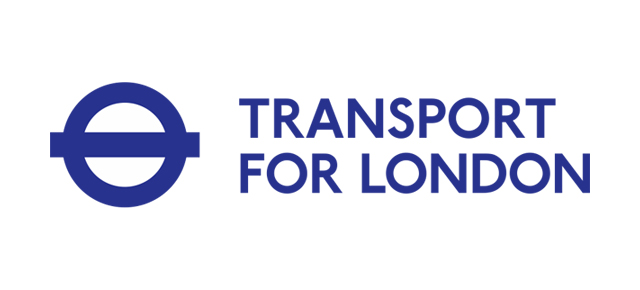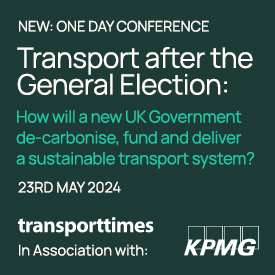Andy Byford reveals TfL modelling suggests a likely scenario of patronage rebounding in the medium term to 80% of historical pre-Covid norms
London’s transport commissioner has warned that patronage recovery on the capital’s transport networks may take far longer than many within the industry expect.
Speaking at a virtual event hosted by the London Transport Museum for the launch of a new report – Rethinking Sustainable Cities: This is all in the air, which explores the impact of the pandemic and incentives for behaviour change in its aftermath, Andy Byford revealed that Transport for London has modelled five scenarios to assess how the transport network will recover in the longer term.
They range from an “absolutely apocalyptic scenario” through to a “very optimistic scenario where it almost feels like Covid never happened”. Byford explained that in the apocalyptic scenario patronage on London’s network remains severely depressed.
“Basically no one returns to travelling and London’s centre hollows out,” he explained. “The cultural institutions pretty much struggle or close, offices don’t get repopulated and people continue en-masse working from home.”
At the other end of the scale is the optimistic scenario. Here, within six months to a year, people will return to TfL’s network en-masse.
But Byford told delegates that he has his doubts about both of these scenarios.
“I don’t think either of those are realistic,” he claimed. “There are three intermediary scenarios that I think are more realistic. That would crystallise around a hybrid which says we think we can get to around 60% of ridership within a year.
“In the medium term [this will reach] probably around 80% of normal ridership as offices and businesses adjust to the new ways of working and the cultural centre begins to pick up again.”
However, he warned that while patronage of 80% of pre-Covid levels sounded like a good result, this would have significant implications for TfL’s finances.
A 20% drop-in ridership, that is £1bn, and that’s £1bn not £1m, of revenue foregone. This is serious stuff
He continued: “Around 80% of normal riders sounds great, but that 20% delta, and this really puts it into perspective, a 20% drop-in ridership, that is £1bn, and that’s £1bn not £1m, of revenue foregone. This is serious stuff.”
Byford said TfL was modelling on this hybrid scenario and that realistically, there will be a softening of patronage for some time.
“We don’t think we will go back to the days of people being absolutely rammed in on the Central line and the Northern line,” he said. “Two reasons why; one, I think some businesses will realise that working from home is a viable option and actually there are opportunities there in terms of expensive real estate; two, I don’t think it will be societally acceptable in a world of viruses – this won’t be the last – to be rammed in like sardines.”
Byford said TfL’s modelling was being adjusted as the organisation reacted to the latest data, but added that long term this could lead to the network’s size and shape changing to reflect travel habits that emerge in the wake of the pandemic.
“It may well be that we need to provide more service in the outer areas, so the likes of Sutton and Wembley and Stratford, as people congregate more and work and live in their immediate vicinity rather than the centre,” Byford added.
It may well be that we need to provide more service in the outer areas
“But it is a moving feast – will our scenario be proven to be correct? We’ll see, but the most likely is that hybrid scenario, certainly not the doomsday, but equally not the rose-tinted spectacles view of the world.”
‘TfL is part of the solution,’ says Byford
Andy Byford urged the government to commit to a revised funding arrangement for Transport for London during a virtual event hosted by the London Transport Museum.
Byford is currently seeking further emergency funding for the organisation, whose finances have been decimated by the impact of the pandemic.
The country is in dire straits – we get it, we are not tone deaf – the country has a £2tn deficit right now, but my message to government is don’t see TfL as the problem
“TfL needs to be properly funded,” he said. “At the end of the day the country is in dire straits – we get it, we are not tone deaf – the country has a £2tn deficit right now, but my message to government is don’t see TfL as the problem. See TfL as the solution.”
Noting that the capital is “the fuel of the economy” he said he wanted to get London moving once again with a resurgent TfL.
“It steels my resolve as transport commissioner to more than ever make the case to government,” Byford added.
“The government’s objectives of an infrastructure-led recovery, a green recovery and a levelled up economy – we can help you meet those objectives… That will remain my pitch to government until we get the funding that will enable us to truly power this city and thereby the UK economy into a really exciting and green future.”
This article appears inside the latest issue of Passenger Transport.
DON’T MISS OUT – GET YOUR COPY! – click here to subscribe!








